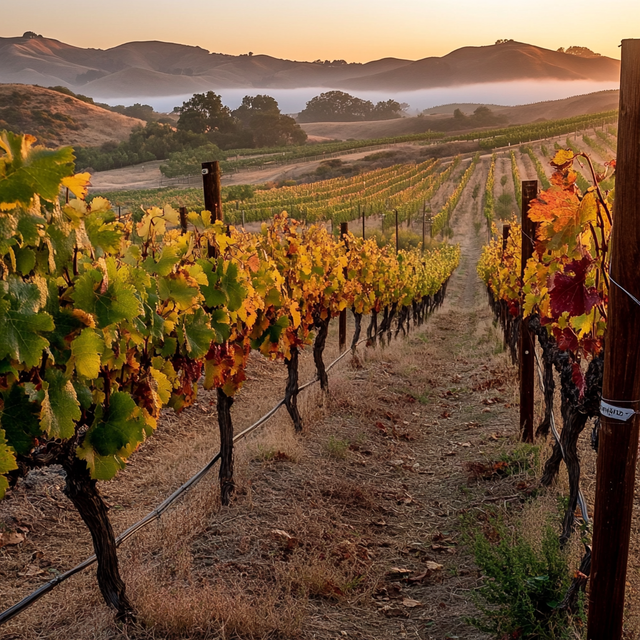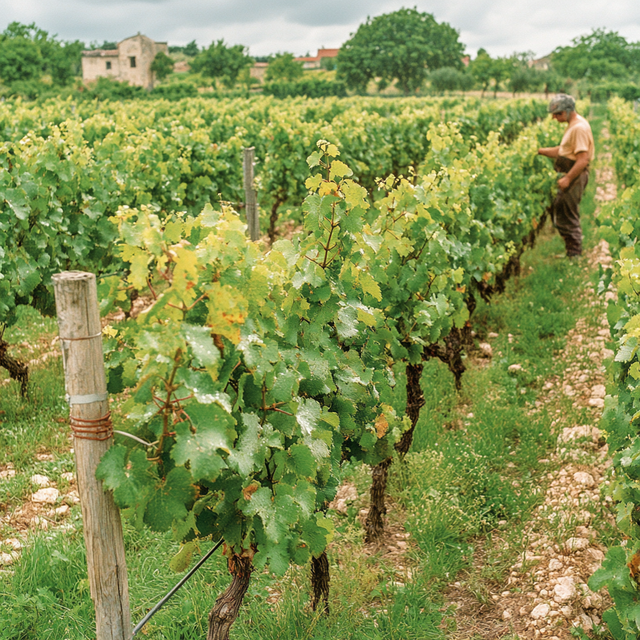California's Central Coast is a sprawling and diverse wine region stretching from south of San Francisco all the way to Santa Barbara. This vast area encompasses a wide range of climates and terroirs, resulting in a remarkable diversity of wine styles. Monterey County, known for its cool-climate Pinot Noir and Chardonnay, benefits from the influence of the Monterey Bay. The Santa Cruz Mountains, with their high elevation and proximity to the Pacific, produce elegant, cool-climate wines. Paso Robles, known for its warm days and cool nights, is renowned for its bold Zinfandel and Rhône-style blends. Santa Barbara, despite its southerly latitude, boasts surprisingly cool climates due to the unique east-west orientation of its valleys, which funnel cool ocean breezes inland, creating ideal conditions for Pinot Noir and Chardonnay. The Central Coast's varied geography and range of climates contribute to its standing as a highly dynamic winemaking area.
California - Central Coast
Pinot Noir is a thin-skinned, notoriously difficult-to-grow, low-yielding grape that finds its ancestral home in Burgundy, France, where it produces some of the world's most elegant and nuanced wines. While Burgundy remains its spiritual heartland, Pinot Noir has since traveled the globe, finding success in other cooler climates, notably in California, Oregon, New Zealand, and Germany. This grape is a challenge for any grower, as it requires specific conditions to show its best, and yet the wines it produces are capable of such a captivating and singular character.
Pinot Noir
Practicing Organic vineyard farming involves growing grapes using organic methods—avoiding synthetic fertilizers, herbicides, pesticides, and fungicides—but without formal certification. Wineries adopting this approach prioritize environmental health, soil vitality, and biodiversity, using natural practices such as composting, cover cropping, and manual pest control. Many small wineries opt for practicing organic methods rather than pursuing official organic certification, primarily due to the significant cost, paperwork, and time commitment involved in certification processes. As a result, practicing organic is a popular choice among boutique and artisanal producers who remain committed to sustainable agriculture while managing budgetary constraints.





